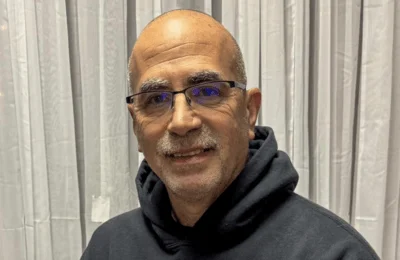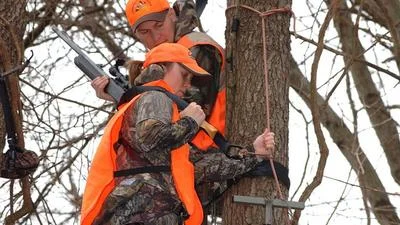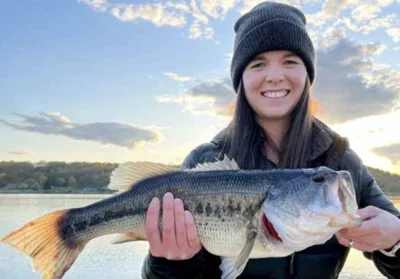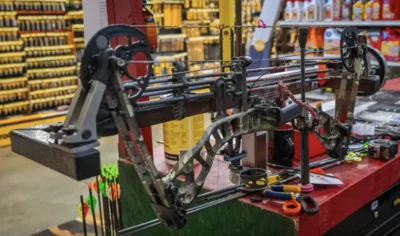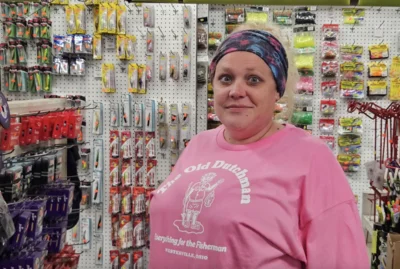These are the first deer confirmed with the SARS-CoV-2 virus worldwide, although earlier studies have shown both that deer can be experimentally infected with the virus and that some wild deer had antibodies to the virus.
Samples from the deer were collected between January and March 2021 by The Ohio State University College of Veterinary Medicine as part of ongoing deer damage management activities. There were no reports of any deer showing clinical signs of infection.
Samples from the deer tested presumptive positive, and the cases were confirmed at NVSL. NVSL serves as an international reference laboratory and provides expertise and guidance on diagnostic techniques, as well as confirmatory testing for foreign and emerging animal diseases. Such testing is required for certain animal diseases in the United States in order to comply with national and international reporting procedures.
A small number of animal species across the globe has been infected with the virus that causes COVID-19. Most of those were in animals that were in close contact with a person with COVID-19.
As hunting season is coming up, the question arises of whether hunter-harvested game meat is safe to eat during the COVID-19 pandemic.
According to Centers for Disease Control and Prevention (CDC) reports, there is no evidence that you can be infected with the virus that causes COVID-19 by eating food, including wild hunted game meat, according to the Centers for Disease and Control. However, you can get infected diseases while processing or eating game.
The CDC recommends hunters should practice good hygiene while processing animals by following these food safety recommendations:
- Do not harvest animals that appear sick or are found dead.
- Keep game meat clean and cool the meat down as soon as possible after harvesting the animal.
- Avoid cutting through the backbone and spinal tissues, and do not eat the brains of any wild animal.
- Wear rubber or disposable gloves while cleaning the game, and do not eat, drink or smoke at the same time.
- Wash hands thoroughly with soap and water after cleaning game, and clean and disinfect knives, equipment and services that came in contact with the game meat.
- Cook all game meat thoroughly, to an internal temperature of 165 degrees or higher.
CDC studies have found that people with COVID-19 can spread the virus to animals during close contact. It is important for people with suspected or confirmed COVID-19 to avoid contact with pets and other animals to protect them from possible infection.



